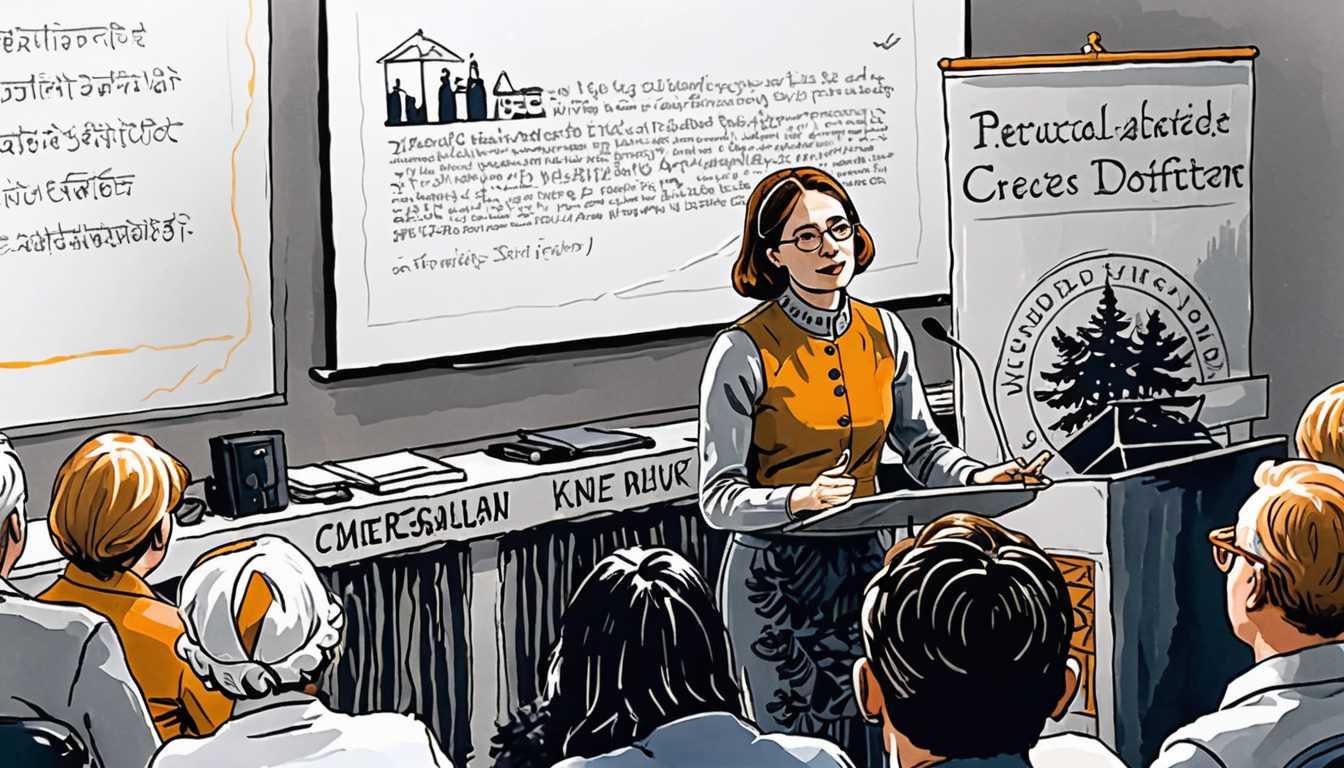Rethinking Society Post-Pandemic
May 2022
Harvard Magazine
Introduction
Dive into the world of political philosophy with Harvard Magazine's eye-opening piece, "The Broken Social Contract," where Danielle S. Allen unpacks the pandemic's harsh light on America's social flaws. With a mix of concern and clarity, Allen explores how our societal promises of mutual support and security crumbled under COVID-19's weight, especially for the elderly and essential workers. This isn't just a critique; it's a call to action to mend our social fabric for a resilient future. Ready to rethink society?
READ FULL ARTICLEWhy It Matters
Discover how this topic shapes your world and future
Unraveling the Threads of Society
Imagine living in a world where everyone plays by the rules, contributes their fair share, and in return, is guaranteed safety, opportunity, and care. This is the essence of a social contract, a powerful agreement that shapes the way societies function. However, when crises like pandemics strike, they can reveal cracks in this contract, showing us who is protected and who is left behind. Danielle S. Allen's insights into America's broken social contract during the COVID-19 pandemic highlight not just a health crisis but a deep societal flaw. This matters to you because it's about fairness, safety, and how we, as a society, care for each other, especially in times of need. It's about understanding the importance of mutual responsibility and how it affects every aspect of our lives, from the air we breathe to the education we receive. By exploring this topic, you're not just learning about political and social theories; you're delving into the heart of what makes societies thrive or fail and discovering how you can contribute to building a stronger, fairer world.
Speak like a Scholar
Social contract
An agreement among members of a society or between a society and its government that defines and limits the rights and duties of each.
Constitutional democracy
A form of government in which the authority of the government is defined and limited by law, ensuring the protection of individual rights.
Reciprocity
A mutual exchange of privileges; a relationship in which two parties give and receive something of equal value.
Pandemic resilience
The capacity of a society to effectively prepare for, respond to, and recover from pandemic outbreaks.
Public health infrastructure
The resources and systems necessary for providing public health services, including healthcare facilities, laboratories, and workforce.
Civic strength
The collective power of citizens in a democracy to effect change and support the community's welfare.
Independent Research Ideas
Exploring the evolution of social contracts
Investigate how social contracts have evolved over time in different societies and what triggers significant changes.
The role of public health in the social contract
Examine how a country's public health system reflects its commitment to the social contract.
Solidarity in times of crisis
Analyze examples of solidarity and mutual aid during global crises and their impact on societal resilience.
Technology and the social contract
Explore how advancements in technology could strengthen or weaken the social contract, especially concerning privacy and surveillance.
Youth participation in democracy
Research the role of young people in shaping and transforming the social contract through civic engagement and political participation.
Related Articles

Kretek: Indonesia's Spicy Cigarette Secret
April 2024
Cornell University

Rethinking Justice: Beyond Rawls's Vision
September 2022
Phys Org

Ownership or Identity: The Body Debate
February 2024
JSTOR Daily

Culture Meets Pandemic: A Global Tale
April 2023
London School of Economics (LSE)

Socrates: Rescuing Modern Discourse
March 2023
Harvard University